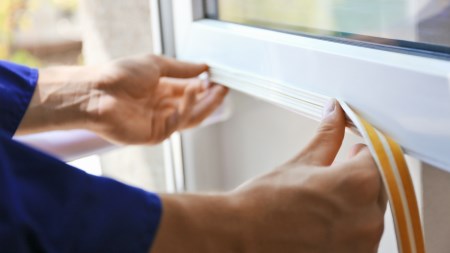Undertaking any renovations or alterations to the property before it is transferred into your name could be costly if the sale falls through.
Many home sale agreements provide for the buyers to take occupation after they have been granted a home loan and provided financial “guarantees” to the sellers’ attorneys, but they shouldn’t start work on any major renovations or alterations until the transfer of ownership has actually been registered.
Advice from Gerhard Kotze
That's the advice of Gerhard Kotzé, MD of the RealNet estate agency group, who says buyers are understandably keen to make a new home their own and to get the mess and disruption over with if they plan to make significant changes.
“But the fact is that they stand to lose thousands of rands if, for some reason, the transfer of their new home should fall through, because most sale agreements stipulate that if this should happen, the property that has been occupied by the buyer must be returned to the seller in the ‘same condition’ as when it was occupied.”
Reasons why the transfer of ownership might stall or be cancelled
There are several quite common reasons why the transfer of ownership might stall, or even be cancelled, he says, and the buyer who was given the occupation of the property before the registration of transfer is not legally a “tenant” - so he or she will not even be able to claim compensation for any improvement made during this period, or for any work done to put the home back the way it was.
“So buyers who have been too quick to begin home improvements could find, for example, that roofs or walls have to be repainted back to their original colours, that a hole dug for a new pool has to be filled in, or that the extra parking space they created has to be turned back into the lawn.
“Alternatively, they may have to finish - and pay for - projects they have already started, without any compensation by the original owner. New doors and windows they have installed to improve security or let in more light may have to be left in place, for example, because removing them would leave the home in a worse condition than when they took occupation.
“Or, assuming that the home had a functional kitchen or bathroom on occupation, any upgrades or renovations begun in these areas may actually have to be finished, again at the buyers’ cost, so that the property can be returned to the seller in the same working order as when they moved in.”
Such situations are difficult to resolve and can easily lead to lengthy and financially damaging disputes, Kotzé says, “so it is much better just to move in and enjoy your new home until the transfer of ownership has been registered and you are certain it is yours to alter or improve as you wish”.



